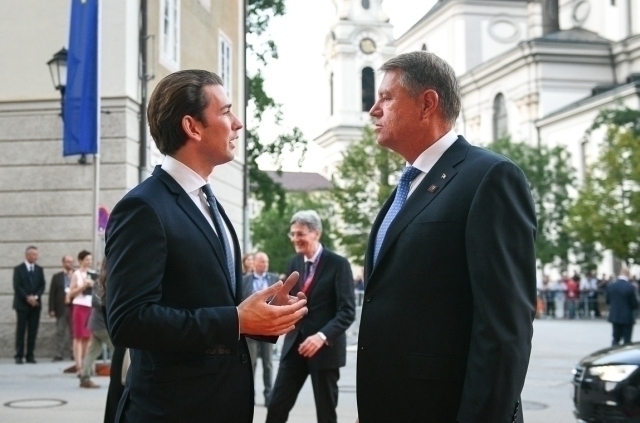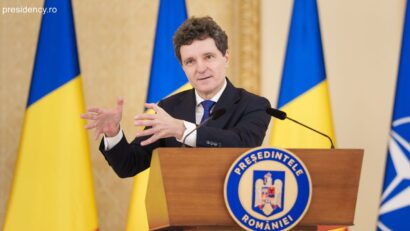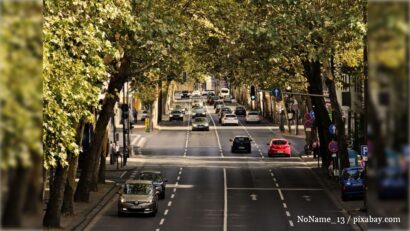Conclusions of the Salzburg summit
Brexit, migration and the security of the EUs external borders have dominated the agenda of the EU summit in Austria

Bogdan Matei, 21.09.2018, 12:53
The European Union wishes to finalise Brexit talks by October so that a new summit can be held in November in order to finalise and formalise the deal with London, said the president of the European Council Donald Tusk on Thursday after the EU summit in the Austrian city of Salzburg.
In the Brexit talks, Tusk warned, the Union is not willing to compromise on the free movement of people, goods, services and capital and is therefore sceptical about the current proposals of the British government. Representing Romania, president Klaus Iohannis called for maintaining close post-Brexit collaboration with the British authorities in matters of security and external policy.
Bucharest wants the European Union to have a unitary and coherent voice in the negotiations with the UK in order to arrive at an agreement that is fair to all sides involved. Romanias priority is protecting the rights and interests of its citizens living in the UK, president Iohannis said.
He added that Romanias position is also reflected in a joint declaration signed by Romanias foreign minister Teodor Melescanu and his counterparts in Poland and Lithuania, which warns of the significant risks of the UKs withdrawal.
Without the UK, the Unions position on the world stage may be weaker, making it more vulnerable to external threats, writes the declaration of the three countries on the eastern flank of the community bloc and NATO.
In Salzburg, the leaders of the member states also looked at the recent legislative proposals of the European Commission with respect to internal security and expanding the mandate and staff of Frontex, the agency responsible for the protection of the Unions external borders.
The Austrian presidency of the European Union Council presented the stage of implementation of two new concepts proposed last summer, that of disembarkation platforms for migrants outside the EU and that of controlled centres within the EU. Romania is in favour of continuing talks in this respect, president Iohannis said.
Klaus Iohannis: “We must work fast on several regulations that would allow for a more technical, more institutional approach of the migration phenomenon and the relocation of migrants. We must consider expanding the Frontex staff and providing the agency with perhaps clearer tasks in terms of combating illegal migration also in the area of EUs external borders.”
According to Radio Romanias correspondent, closer cooperation is envisaged between the origin countries of the migrants and the transit countries. A special summit with the Arab states may be held at the beginning of next year, possibly in February, during the Romanian presidency of the EU Council.






























